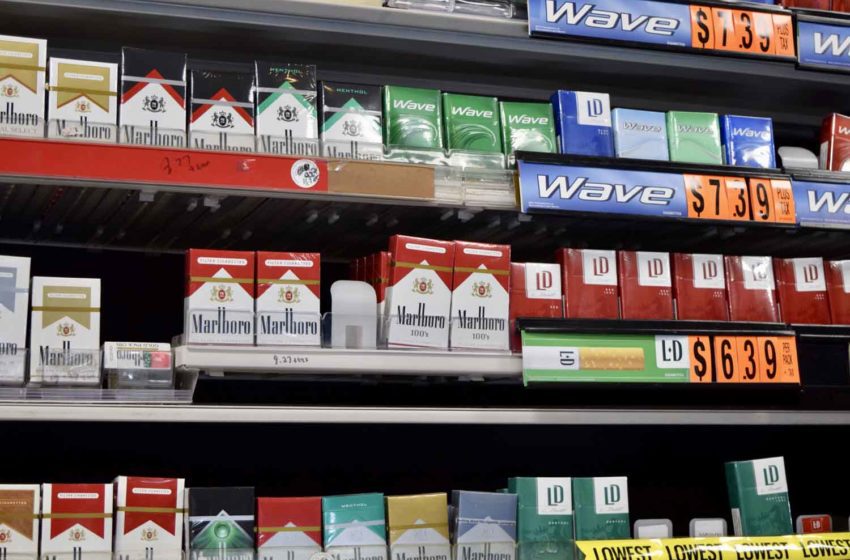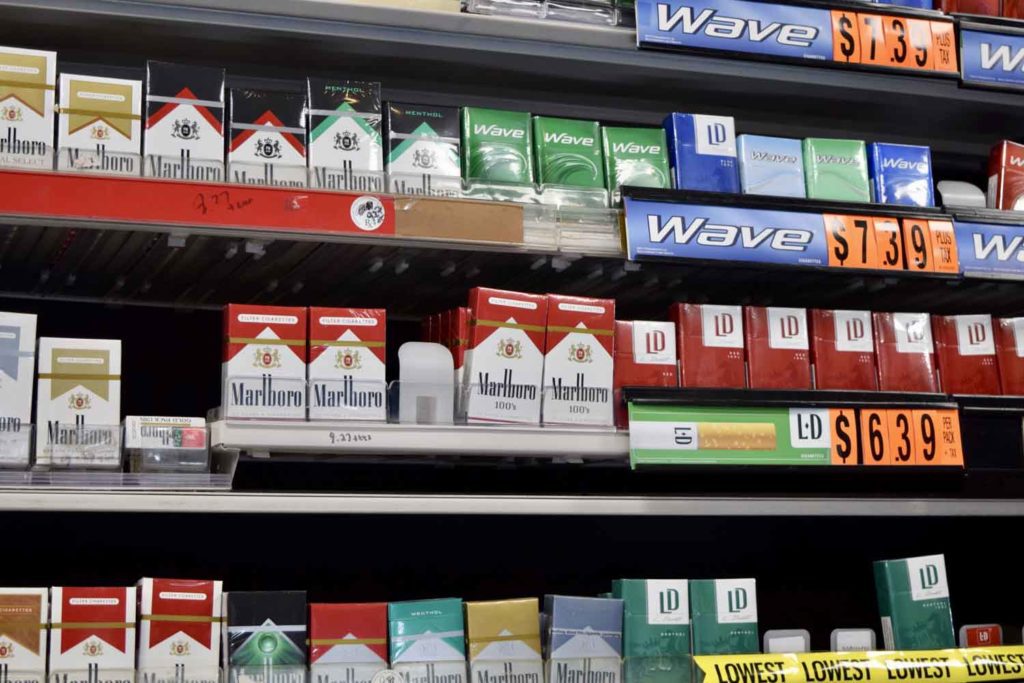
Turning Point Brands (TPB) has completed an $8 million strategic investment in Old Pal Holding Co. through a convertible note that includes follow-on investment rights.
Founded in 2018 by Rusty Wilenkin and Jason Osni, Old Pal is a leading cannabis brand that operates a nonplant touching licensing model and sells its products to consumers across the U.S.
TPB’s investment will enable Old Pal to expand product offerings in existing states, which include California, Nevada, Michigan, Oklahoma, Ohio, Washington and Massachusetts, and will help create the infrastructure necessary to support continued territory and product expansion. As a result of Old Pal’s strong brand recognition and extensive network of licensed cultivation and production relationships, the company has the ability to scale its geographic footprint while continuing to offer consistent and readily available products, according to TPB.
“Turning Point has a proven track record of developing and growing brands and is capitalizing on this experience to identify highly recognizable leading cannabis brands poised to experience significant growth,” said Larry Wexler, CEO of Turning Point Brands, in a statement. “Given Old Pal’s favorable market position, the awareness of its products outside its current geographies and its unique licensing model, we are confident the brand is well-positioned to further penetrate the market and capitalize on the growth potential of the cannabis industry.”
“Old Pal’s mission is to spread the shareable cannabis lifestyle to customers across the U.S. through accessible and high-quality products,” added Charlie Cangialosi, chief operating officer at Old Pal. “Turning Point Brands’ experience with iconic brands, like Zig-Zag, and success in adjacent and complementary industries will allow us to bring the Old Pal experience to a wider range of markets and consumers.”

















